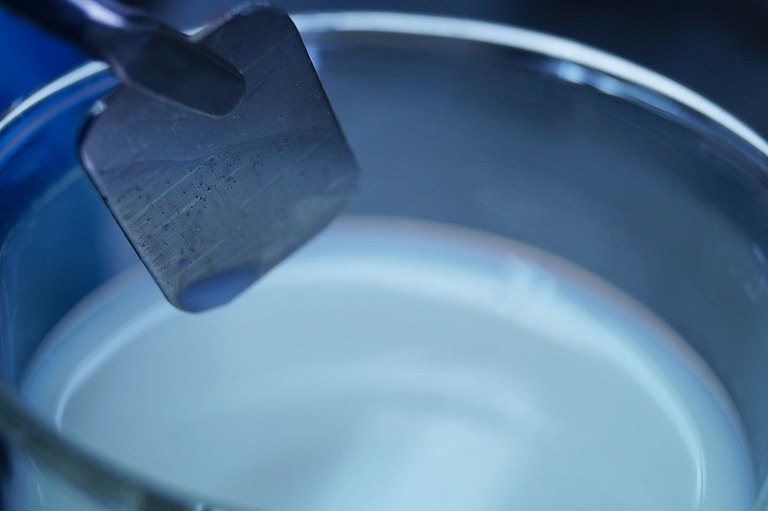The export of German milk products has continuously increased in the last few years. This has resulted in a need for a considerable increase in the shelf life of the exported products to compensate for long transport periods and to satisfy consumer demands for high quality products. This in turn implies special challenges for preserved milk products such as UHT milk, because these can experience sensory and texture defects due to enzymatic protein breakdown before the expiry of the ‘best-before’ date. Protein breakdown is a large extent due to production of proteases by Pseudomonas bacteria. Pseudomonads are cold-tolerant and can grow under cold-storage conditions and produce peptidases. Based on their high thermostability, once these enzymes are present in the milk, there is no possibility for their elimination. Therefore, it is necessary that the formation of such enzymes during raw milk storage and transport is avoided, which is only feasible by attempting to decrease the numbers of contaminating Pseudomonas in milk. It is currently unknown which factors apart from milk production and storage lead to increases in Pseudomonas levels, but primary contamination at production appears to have a significant influence. Nevertheless, it remains unclear where the critical entry points are situated.
Weitere Informationen
Pseudomonas spp. in raw milk
News


